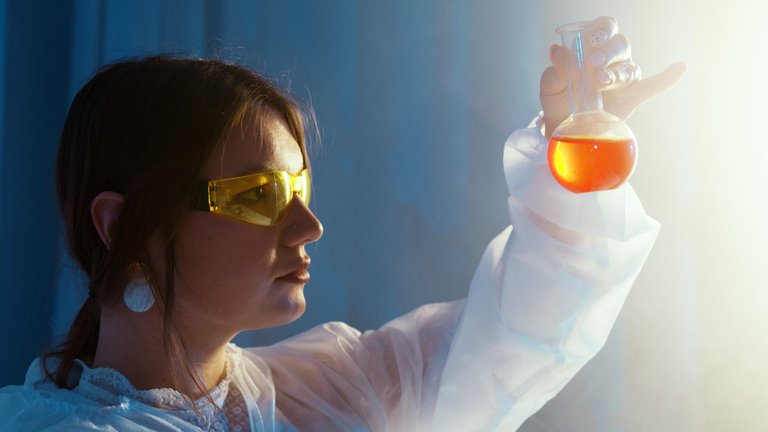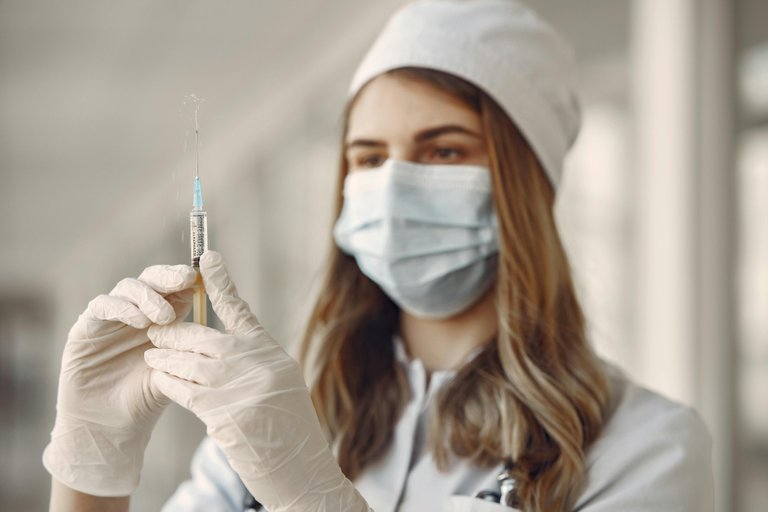Science has brought about a lot of innovations and breakthroughs for us as a species. Many brilliant scientists have spent their lives researching, and working on a science project that they believed would alter the course of history and make life better.
But then there have been debates about how far a scientist should go in order to prove their theory or make a breakthrough. Science has been considered a dangerous thing in the past because of ethical concerns.
The lives of scientist have been endangered because they were trying to make a discovery that helped humanity later on. We've seen how people's lives have been risked or harmed because they were test subjects for one invention or another.
Let me narrate the story of Barry Marshall. He made the discovery that the bacteria "Helicobacter pylori" was responsible for stomach ulcer. This was in a time when medical professionals believed that what caused ulcer was the intake of food with too much spice. No one believed him until he took a brave, but very extreme step. He intentionally took a liquid containing the bacteria (helicobacter pylori). Soon after that, he developed symptoms of ulcer, this proving his theory.
Barry Marshall's discovery revolutionized the way ulcer was being treated. It made way for new treatment procedures and even medications. His discovery has affected countless lives, yet how did he prove it ? he put his health at risk. Barry Marshall went on to win a Nobel price for his discovery.
Even the famous Galileo Galilei was accused of heresy for insisting that the earth and the other nine planets revolved round the sun.
His theory opposed what was widely believed then, that the earth was at the center. He was eventually put on trial and faced punishment. It was only later that it was discovered that Galileo was actually right.
An immunologist, David Pritchard, intentionally infected himself with hookworms to try and prove his hypothesis that they can help boost the immune system. He wanted to prove that hookworms could help in conditions like asthma.
Those are stories of how the lives of scientist were risked because of the advancement of science. Today, similar things happen in the form of clinical trials. Subjects, who willingly accent to the procedures, are injected with all manner of stuff in order to find cure for a disease.
Even Elon Musk's neuralink had to undergo human trials first. Yes, neuralink would be very beneficial to individuals with limitations such as paralysis, as we've seen from the trial that an individual was able to operate a computer using his mind. The point here is that this had to be tested on somebody to make sure it's safe and works.
From the stories and examples I have given so far, you can see that sometimes, to make scientific advancements, or discoveries, scientists resort to taking drastic steps. In order to push boundaries, they are motivated to do the unusual. Tests are done on subjects knowing that it could go either way. These tests could have adverse negative effects on the subject. At the same time, the result of such experiments could save lives if it goes well.
This begs the questions, how far are we willing to go for scientific advancement? How much regulation should be put into things like this? Ethics does play a major role here, because in the end, human life is paramount. Personally, I want to see more of scientific advancement, the kind that will save countless lives and make things easier for us. At the same time, I want it to happen without much danger to anyone in the process.
You can participate in the Inleo monthly writing prompt initiative. Check out the thread for June, Day 9 here
@trexane
Posted Using InLeo Alpha



